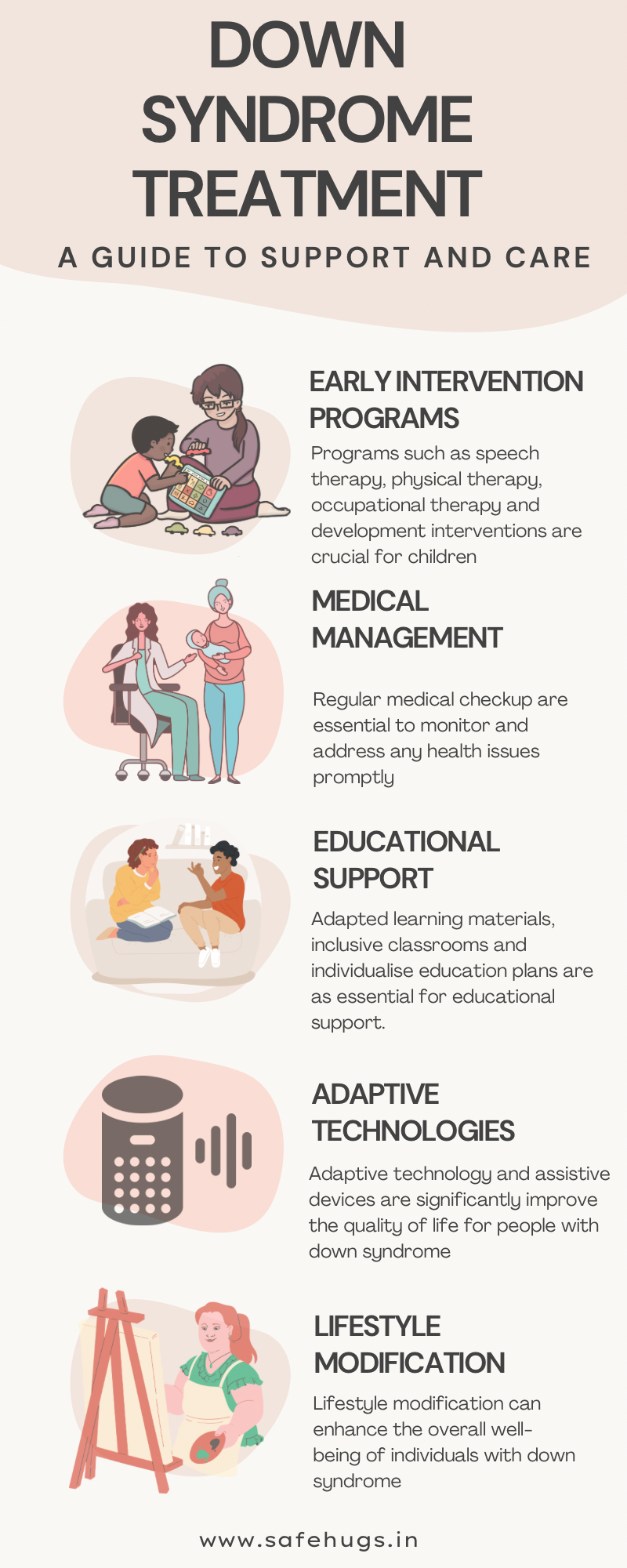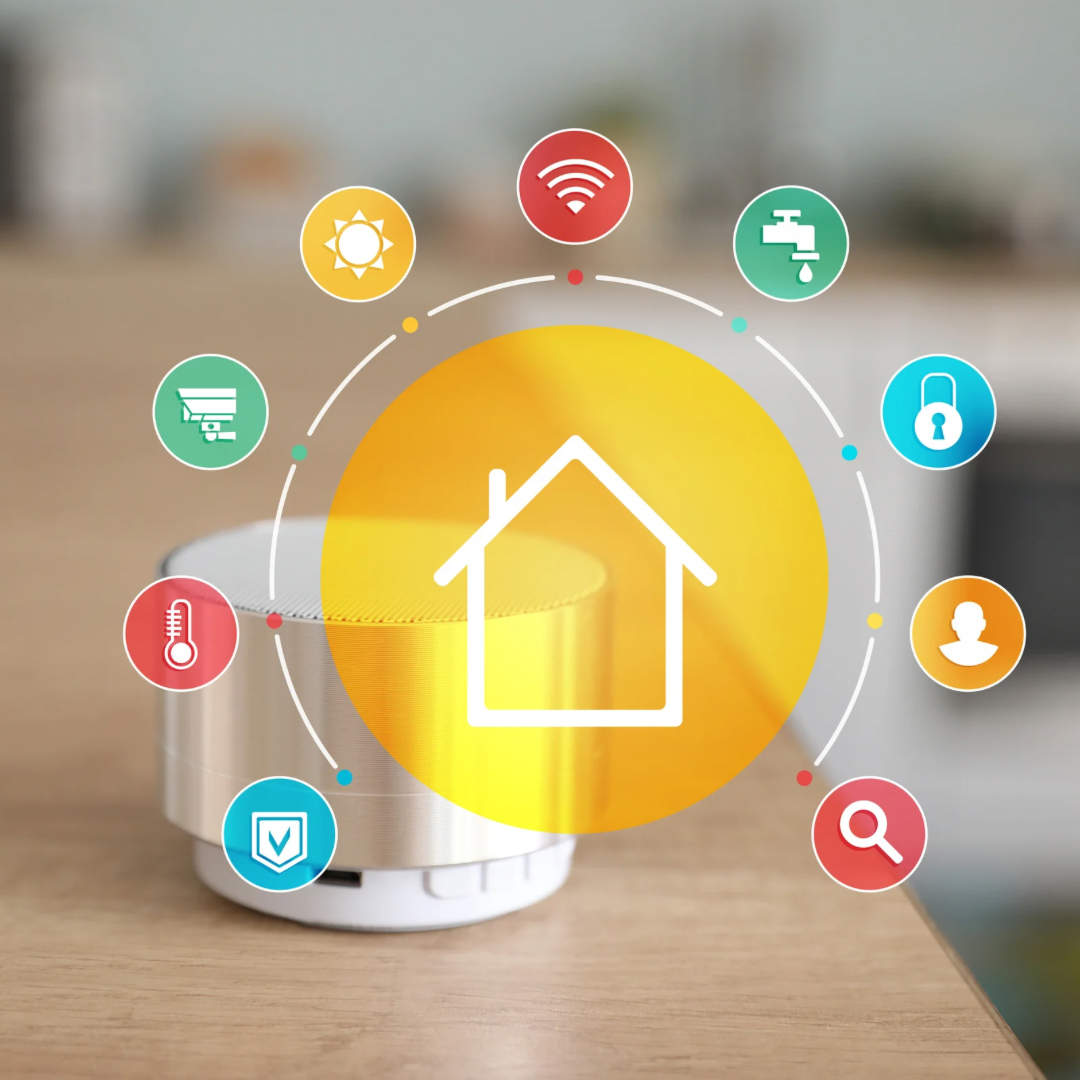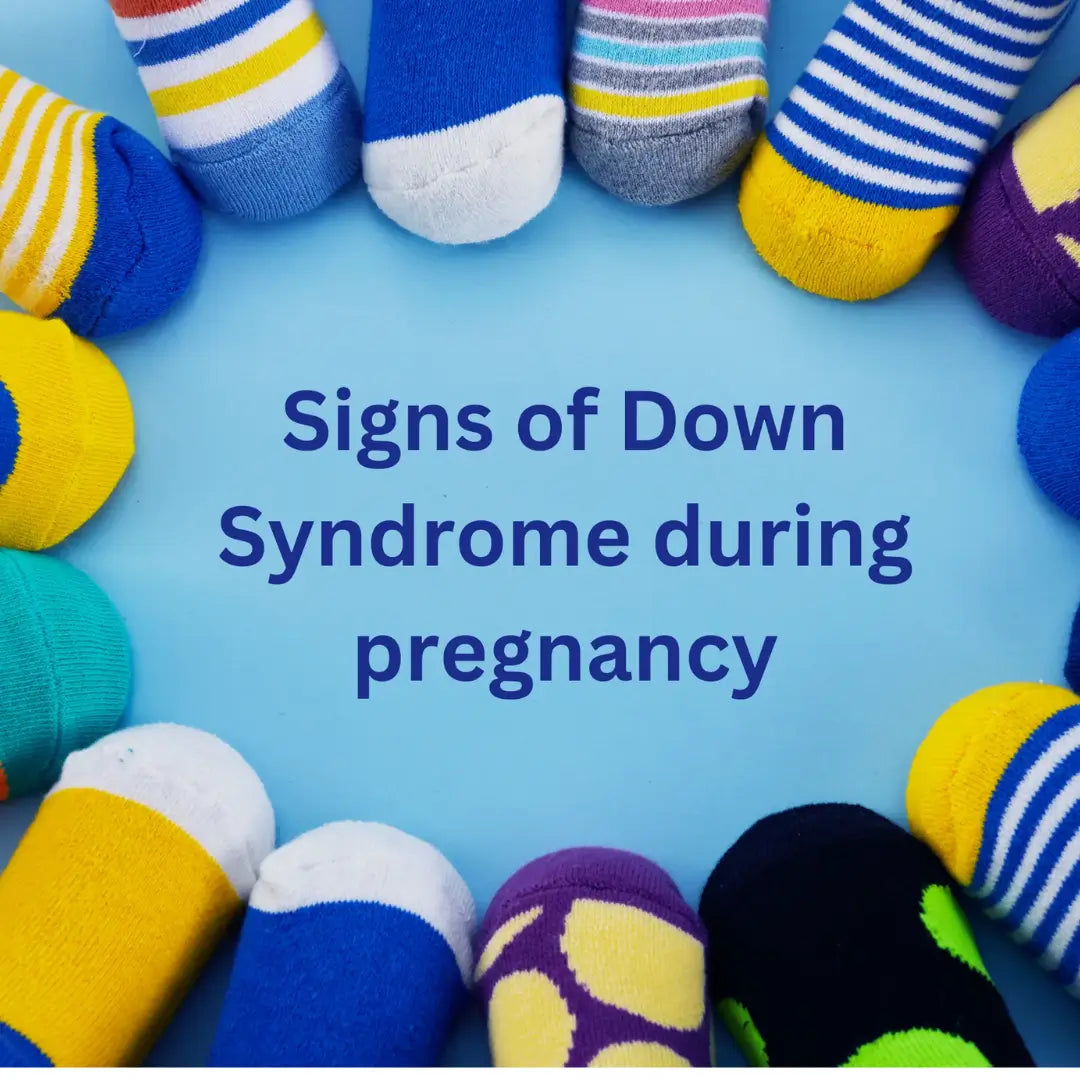Down Syndrome Treatment
If you or someone you love has been diagnosed with Down syndrome, you're not alone. With advancements in medical science and a growing understanding of this condition, there are numerous treatment options available to improve quality of life and promote independence.

Down syndrome, also known as Trisomy 21, is a genetic condition caused by the presence of an extra chromosome 21. It affects individuals differently, leading to intellectual and developmental delays, as well as certain physical characteristics. While there is no cure for Down syndrome, early intervention and appropriate treatments can significantly enhance the lives of those with the condition.
To read more about Down Syndrome symptoms, visit.
Table of Contents
Early Intervention Programs:
Early intervention is crucial for children with Down syndrome to reach their full potential. These programs typically include speech therapy, physical therapy, occupational therapy, and developmental interventions. Testimonials from parents and caregivers highlight the positive impact of early intervention, with many noting significant improvements in speech and motor skills.

"I enrolled my daughter in an early intervention program when she was just a few months old. The progress she's made in speech therapy has been remarkable. It's amazing to see her communication skills develop every day.”
Medical Management:
While there is no specific medication to treat Down syndrome itself, individuals may require medical interventions to manage associated health conditions. This can include treatments for heart defects, thyroid disorders, and hearing or vision problems. Regular medical check-ups are essential to monitor and address any health issues promptly.

"Managing my son's thyroid condition has been challenging, but with the right medication and regular check-ups, we've been able to keep it under control. It's crucial to stay proactive about his health needs."
Educational Support:
Education plays a vital role in the lives of individuals with Down syndrome. Many benefits from special education programs tailored to their unique learning needs. Inclusive classrooms adapted learning materials, and individualized education plans (IEPs) are essential components of educational support for children and adults with Down syndrome.

"Finding the right school for my daughter was a priority for us. The inclusive environment and supportive teachers have made a tremendous difference in her academic and social development."
Adaptive Technology and Assistive Devices:
Adaptive technology and assistive devices are essential tools that significantly improve the quality of life for individuals with Down syndrome. These specialized aids address a range of challenges faced by people with the condition, including communication difficulties, learning barriers, mobility issues, sensory sensitivities, and daily living tasks.

Communication aids, such as speech-generating devices and communication boards, enable individuals to express themselves effectively. Educational software programs cater to their specific learning needs, promoting skill development in a personalized and interactive manner. Mobility aids like wheelchairs and orthotic braces facilitate safe navigation, while adaptive bicycles offer recreational opportunities.
Environmental control devices allow individuals to independently manage their surroundings, enhancing accessibility within the home. Sensory aids like noise-cancelling headphones and weighted blankets provide comfort and regulation, while daily living aids assist with tasks such as eating and dressing.
Adaptive technology and assistive devices empower individuals with Down syndrome to overcome challenges, maximize their potential, and lead fulfilling lives. As technology advances, the possibilities for enhancing accessibility and inclusion for individuals with Down syndrome continue to grow.
Lifestyle Modifications:
In addition to medical and educational interventions, lifestyle modifications can enhance the overall well-being of individuals with Down syndrome. This may include promoting healthy eating habits, regular exercise, social engagement, and participation in recreational activities.

"We've incorporated yoga into our son's routine, and it's been beneficial for his overall health and relaxation. It's a great way for him to stay active and improve his flexibility." - David P
Living with Down syndrome presents unique challenges, but with the right treatment and support, individuals can lead fulfilling lives. From early intervention programs to medical treatments, educational support, and lifestyle modifications, there are numerous avenues for enhancing quality of life and promoting independence. By sharing testimonials, recommendations, user experiences, examples, and quotes, we hope to empower individuals with Down syndrome and their families on their journey towards breaking barriers and achieving their fullest potential. Remember, you are not alone, and together, we can overcome any obstacle.
FAQ's:
Q1. Down Syndrome Symptoms?
Down syndrome symptoms include intellectual disabilities, distinctive facial features such as a flat nasal bridge and almond-shaped eyes, developmental delays, and often congenital heart defects.
Q2. Signs of Down Syndrome during pregnancy.
Signs of Down syndrome during pregnancy may include increased nuchal translucency (detected through ultrasound), abnormal prenatal screening test results (like the quad screen or non-invasive prenatal testing), and certain fetal abnormalities observed through ultrasound, such as heart defects or other structural anomalies.
To read more about Signs of Down Syndrome during pregnancy, visit
Q3. Down Syndrome Treatments.
Down syndrome treatment includes early intervention with therapies like speech and physical therapy, along with medical management for associated conditions.
Q4. What are people with Down Syndrome like?
People with Down syndrome are characterized by their unique personalities and abilities, often exhibiting warmth, kindness, and empathy. Despite facing challenges, they contribute to society and form meaningful connections like anyone else.
Q5. What is the mental age of a person with Down Syndrome?
The mental age of a person with Down Syndrome can vary widely, but it's important to recognize and support their individual strengths and challenges rather than relying solely on age-based comparisons.
Q6. What is Down Syndrome caused by?
Down Syndrome is caused by the presence of an extra chromosome 21, known as trisomy 21, resulting in characteristic physical and developmental features.
Q7. What is the life expectancy of Down Syndrome?
Life expectancy for individuals with Down Syndrome has significantly increased over the years, with many living into their 60s and beyond, particularly with access to quality healthcare and support services.
Q8. Down Syndrome Meaning.
Down syndrome is a genetic condition caused by the presence of an extra chromosome 21, leading to developmental delays, distinctive physical features, and often intellectual disabilities.
































